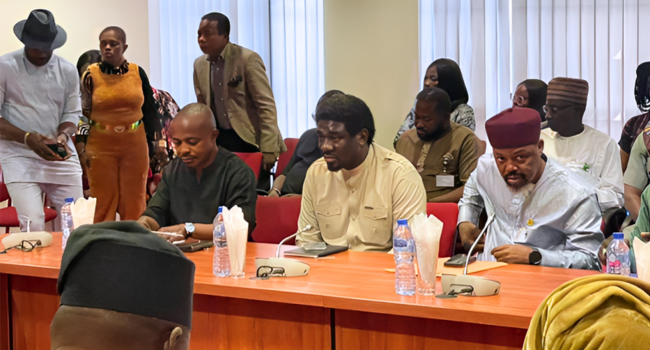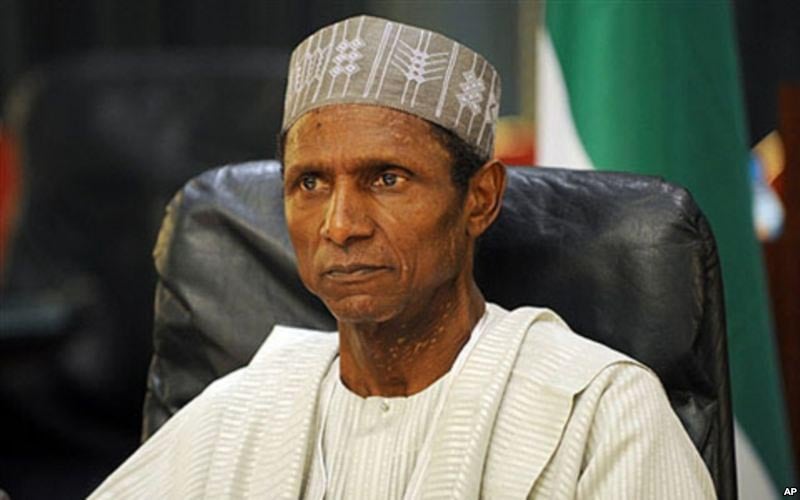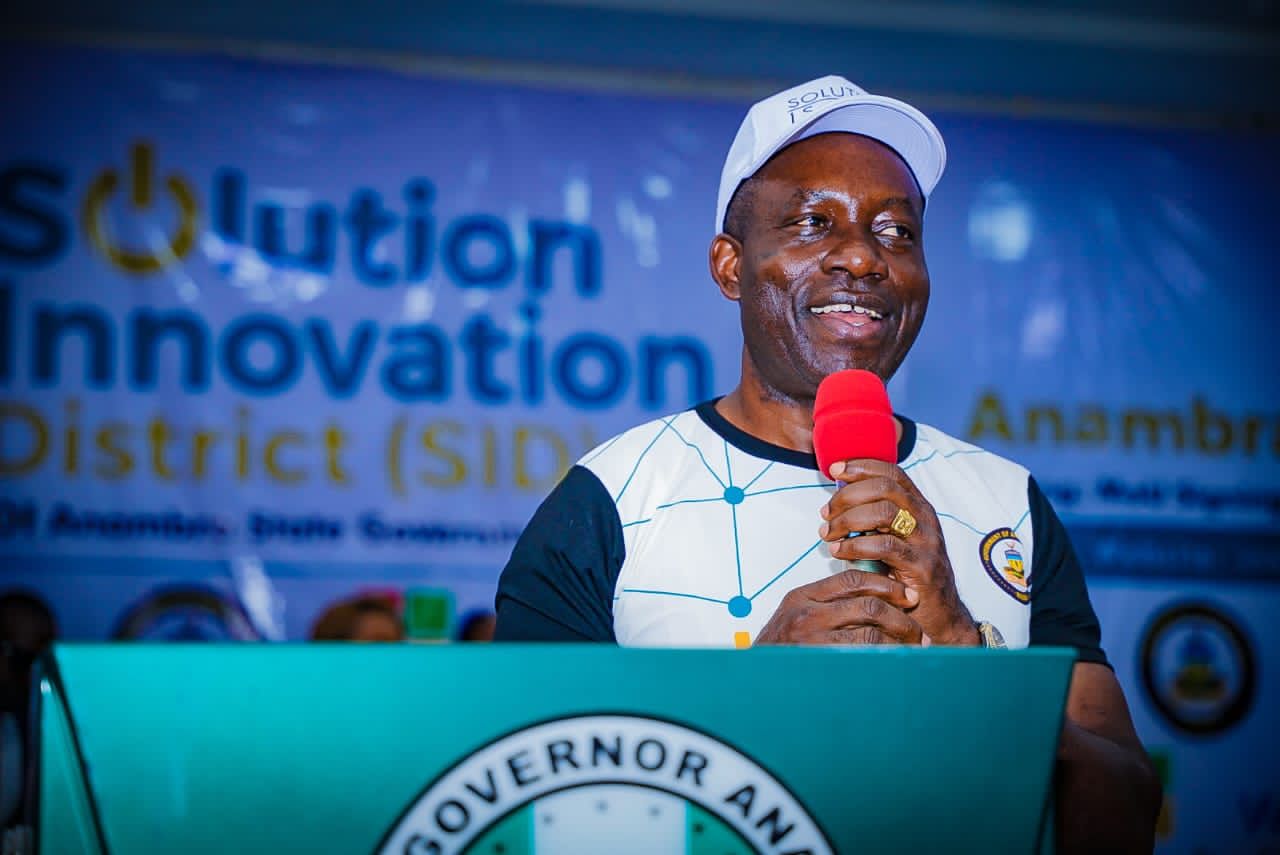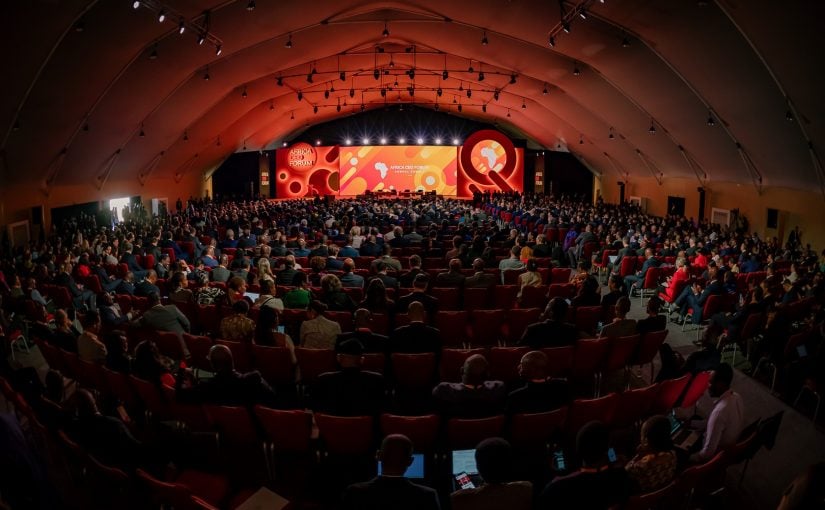NLC executives in a meeting with government officials in February 2024
When the federal government announced its offer of N48,000 as the proposed new national minimum wage, many Nigerians were utterly dumbfounded, thinking it must be fake news.
How could the government be so out of touch with reality to suggest such a paltry sum?
I vividly recall when the federal government inaugurated the minimum wage committee way back in February, and the immediate controversy it generated.
We saw a leaked memo where the committee itself was audaciously requesting one billion naira just for their inaugural meeting expenses. A committee tasked with recommending a reasonable minimum wage for the masses, yet they could ask for one billion naira in a period when President Bola Tinubu has been repeatedly telling Nigerians to tighten their belts and make sacrifices.
Advertisement
But it seems the minimum wage committee didn’t get that sacrifice memo.
Most Nigerians are unfortunately quite used to the government preaching sacrifice for a better future, while the political class continues living in splendour, unburdened by the economic hardships faced by ordinary citizens. The gross inequity and lack of accountability are galling.
Offering a mere N48,000 as the new federal minimum monthly wage in today’s economic climate can only be seen as an insensitive joke taken too far. Inflation is inching perilously close to 40 percent, with prices of goods and services skyrocketing through the roof. This affordability crisis has been exacerbated by the recent removal of the fuel subsidy and the consequent floating of the naira exchange rate.
Advertisement
On top of that, electricity tariffs have been hiked significantly. Yet in the face of this cost-of-living tsunami, all the minimum wage committee could come up with is a paltry N48,000 per month? I am certain that each committee member spends no less than N50,000 weekly just on calls and data.
Telling a worker with a family of four to try to survive on just N48,000 per month, when the cost of virtually everything has multiplied five times over compared to last year, is an act of sheer cruelty and wickedness.
The proposed amount cannot even begin to cover the cost of transportation alone for a worker living in the nation’s capital, let alone essentials like food, rent and school fees. It is a completely unrealistic and unlivable wage in the current economic reality.
However, I also cannot agree with the counteroffer of N615,000 proposed by organised labour. That figure is just another joke taken too far in the opposite direction. Implementing a national minimum of that stratospheric level would undoubtedly trigger yet another vicious round of generalised inflation and price spiralling across the entire economy.
Advertisement
The truth is, many states are still struggling to pay even the current N30,000 minimum, though I don’t believe there is any state that truly cannot afford to pay a reasonably higher level if government finances and priorities were properly managed.
State governors urgently need to start thinking and operating more like hard-nosed chief executive officers of major multinational corporations, ruthlessly focused on efficiency, productive utilisation of resources, and maximising returns on investments.
Every single state in this nation is blessed with abundant natural resources and mineral wealth in one form or another. But sadly, an estimated 90 percent of the revenue derived from exploiting these resources gets siphoned into private pockets through graft and corruption, rather than being reinvested for the public good.
In my opinion, to be remotely reasonable and livable given the current economic realities, the new national minimum wage needs to fall somewhere between N100,000 to N200,000 per month. But the federal government must also do everything within its power to rein in the broader dynamics fueling rising costs and the relentless erosion of purchasing power.
Advertisement
Providing affordable and efficient public transportation systems nationwide, as well as urgently upgrading and maintaining critical infrastructure, would go a long way toward helping to naturally bring down the prohibitive prices of goods and services.
Enhancing national security to enable farmers, especially in the violence-wracked northern regions, to safely access agricultural lands without fear of being killed or kidnapped, is also crucial to alleviating the food insecurity currently contributing to high food inflation. Improving overall economic productivity and domestic supply is key.
Advertisement
Fundamentally, fostering an environment of general economic revival and growth will make any minimum wage increase far more sustainable and impactful in lifting living standards.
With that in mind, the minimum wage committee should swiftly apologise to Nigerians for their shockingly inadequate N48,000 proposal which betrays a disconnect from the sobering economic realities faced by workers and their families. And the committee members should stop playing games with a matter of such critical importance to millions of struggling Nigerians nationwide. The time for substantive and pragmatic solutions is long overdue.
Advertisement
Views expressed by contributors are strictly personal and not of TheCable.
Add a comment







